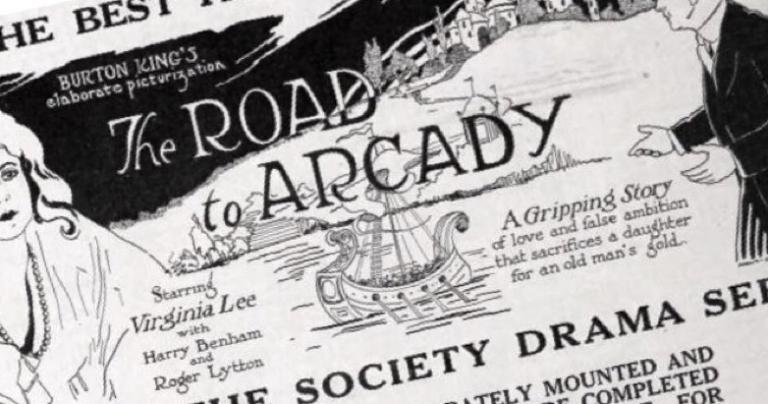 My idea for a summer blockbuster: Could Philosophy Woman defeat the villains Money and Acclaim to save genuine education from the-for profit-prophets? She could have a secret identity as a teacher at an urban school: paging Ms. Diotima. Her lovable sidekick, Mr. Socrates, could provide comic relief and witty catchphrases.
My idea for a summer blockbuster: Could Philosophy Woman defeat the villains Money and Acclaim to save genuine education from the-for profit-prophets? She could have a secret identity as a teacher at an urban school: paging Ms. Diotima. Her lovable sidekick, Mr. Socrates, could provide comic relief and witty catchphrases.
This is why Disney has yet to call me for film ideas, I suppose. Yet Christians must always oppose the love of money and the worship of power. This is not easy to do without committing the opposite errors: the hatred of the rich, while coveting their wealth; and despising the powerful, all the while eager to spark a revolution to give our favored clique control.
God help us. From the start, genuine education has refused to bow to power and money, but there were and are people who look to turn any genuine human institution into a center for social prestige or money. Marriage is debased when it becomes about the gold and not love. Education is spoiled when the administrative system turns discussions into “discount rates,” recruiting funnels, and students as “data points.”
There is nothing new here, sophists have been with us always.
Socrates died, in part, because he challenged educational practices and profits by asking tough questions. Many influential people backed him up, including some with wealth. This allowed him to do his good work, but in the end, the combination of politics and sophistry was too much for him. One of the worst was a prophet of the powerful: Thrasymachus. He would assert justice was whatever the powerful did and there were plenty of politicians eager to give him money to make his case.
Thrasymachus went after Socrates since Socrates could not be bought.
But, Thrasymachus, how can anyone who admits he doesn’t know the answer then try to answer anyway? The difficulty is compounded if some august intelligence tells him that even the few things he might know something about have no place in the argument. Be more flexible, Thrasymachus. Since you both know and profess to know, it is entirely proper that you should be the teacher and provide the definition. The rest of us are eager to hear you teach.
Glaucon and the others seconded my request.
As for Thrasymachus, he was obviously flattered; he was convinced that his definition could not be refuted. He was eager to speak and still more eager for the acclaim he assumed would reward his discourse. After again insisting that I should speak, Thrasymachus finally yielded, but not without one more barb: So this is Socrates’ wisdom. He refuses to teach, and though he professes to learn from others, he never bothers to thank them.
I do learn from others. That is true. But it is a lie to call me ungrateful. I have no money; so I pay with what I do have: with praise. I am eager to praise anyone who speaks well. You will be able to verify that soon because I am sure the answer you are about to give us will do you great credit.**
The film rights to Republic are available. Maybe Disney would have some interest? Seems like our own Republic could use the message just now.
———————————————-
*I begin an informal summer reading of Republic using Scott/Sterling (a new translation for me). Part 1. Part 2. Part 3. Part 4. Part 5. Part 6. Part 7. Part 8. Part 9. Part 10. Part 11. Part 12. Part 13. Part 14. Part 15. Part 16. Part 17. Part 18. Part 19. Part 20. Part 21. Part 22. Part 23. Part 24.
**Plato. The Republic: A New Translation (Kindle Locations 318-325). Kindle Edition.












